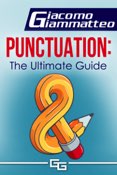Punctuation:
The Ultimate Guide
Giacomo Giammatteo
Inferno Publishing Company
2017 Giacomo Giammatteo. All rights reserved. No part of this book may be reproduced or transmitted in any form or by any means, electronic or mechanical, including photocopying, recording, or by any information storage and retrieval system, without written permission from the author, except for the inclusion of brief quotations in a review.
Inferno Publishing Company
Houston, TX
For more information about this book, visit my website.
Edition ISBNs
Trade Paperback
E-book 978-1-949074-54-3
Cover design by Natasha Brown
Book design by Giacomo Giammatteo
This edition was prepared by Giacomo Giammatteo gg@giacomog.com
 Created with Vellum
Created with Vellum
Introduction
Grammar consists of many things, and one of the more important is punctuation. It is like the Rosetta Stone, providing the key to how writers want a reader to interpret what they wrote.
Punctuation is even present when we speak. A slight pause is similar to a comma, a longer pause akin to a semicolon, and a stop equals a period. Question marks and exclamation points can be heard in the cadence of a persons speech pattern and where the emphasis is placed and on which words.
Almost all punctuation marks are represented in everyday speech, and therein lies the key to great dialogueknowing how to use punctuation correctly with dialogue.
There are some writers who are masters at it. Elmore Leonard was one of the best. Read his books, or listen to a few of the movies made from his books, and youll see a geniuss work.
This book explains how to use punctuation in an easy-to-grasp manner.
Its been said before, but its worth repeating: punctuation is like a traffic system. Each punctuation mark tells the reader what to do: stop as if it were a red light (period); slow down similar to a yellow light (comma); or pause like a yield sign (semicolon). Other marks carry different messages. (Depending on how you drive, the comma and semicolon signals may be reversed.)
The thing to remember is that without punctuation, readers have no way of knowing what the writer intends.
Without further ado, lets dig into the sometimes-confusing world of punctuation.
I always say my books will not venture into using grammatical terms, but punctuation requires a little more than most. Still, it wont get too technical. I promise.
One more thing before we move on.
Many of the online grammar sites and even the style guides and dictionaries I checked refer to a lot of rules using the terms always or never, when what they should say is usually or seldom.
Always means on every occasion or all the time.
Never means not at any time or at no time.
If a rule has exceptions (and most do), then you shouldnt use always or never.
A couple of examples of what Im speaking of are below, and they deal with the use of punctuation used with quotation marks.
More than one site said, Periods and commas never go outside quotation marks and All other punctuation always goes outside quotation marks. As youll see in the Quotation Marks chapter, that isnt always the case.
A couple of these examples were taken from a Business Insider article and a couple were taken from the Grammarly site; the rest are mine.
Commas are one of the worst offenders when it comes to misuse. Many writers think they can do whatever they want with a comma and no one will be the wiser, nor will the reader question them. A mistake or misplaced comma can be chalked up to a writers style, they say.
But nothing is further from the truth. When it comes to commas, there are strict guidelines on when to use them and when not to use them. Its true that you can get away with a few misuses and attribute it to a stylistic choice, but too many mistakes will draw the critics out in droves.
I break one of the comma rules when writing dialogue in my novels, but its a subtle misuse, and most people probably dont even notice. I do it because I think the book reads better that way. But the remainder of rules regarding punctuation I adhere to, or at least I try to.
One note about commas before we begin. Commas are meant to indicate a pause or a break between the different parts of a sentence. Above all else, they are meant to clarify or make the meaning more clear. They do this in various ways: to separate items in a list, to offset the nonessential parts of a sentence, to mark a pause following an introductory clause or word, and to note who is being spoken to when using dialogue.
The main thing to understand is that commas are not there because of some arbitrary rule; the rules regarding when and how to use commas exist to enhance clarityno other reason.
With that said, lets delve into the rules on commas.
Rule 1
- Use a comma after a dependent clause that starts a sentence.
I told you I wouldnt resort to grammatical terms, so lets dumb it down. A dependent clause is no different than a dependent child; they both rely on something else for support. A dependent child relies on their parents or guardians, and a dependent clause relies on the rest of the sentence for support; in other words, it doesnt make sense by itself. Lets look at a few examples:
- When I went to the bank, (dependent clause).
- When I took a walk, (dependent clause).
- After driving to the city, (dependent clause).
All the above are dependent clauses and require more substance to complete the sentence. Examples are below:
- When I went to the bank, I made a deposit (complete sentence).
- When I took a walk, I got robbed (complete sentence).
- After driving to the city, I lay down and napped (complete sentence).
If you switch the order of the sentence, the comma is no longer needed. Lets take a look.
- I made a deposit when I went to the bank.
- I got robbed when I took a walk.
- I lay down for a nap after driving to the city.
That took a lot of explaining for one simple rule, but I like to use examples because I think people understand them better.
Rule 2
- Use a comma before a coordinating conjunction that connects two independent clauses.


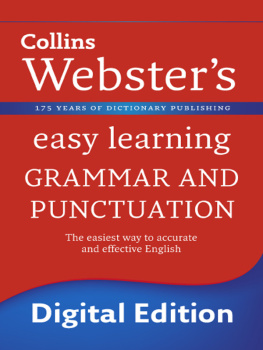
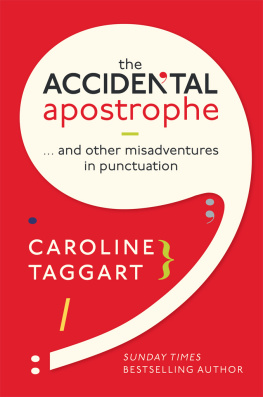
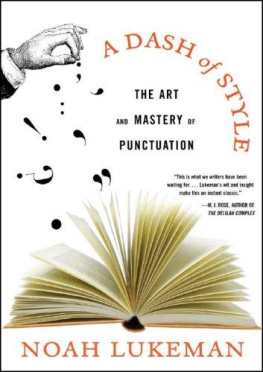
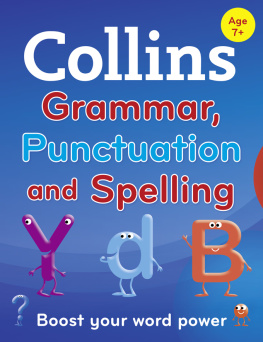
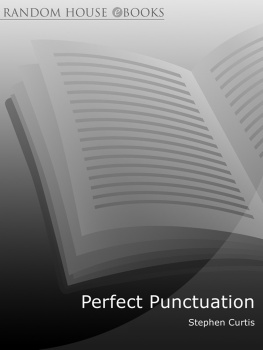
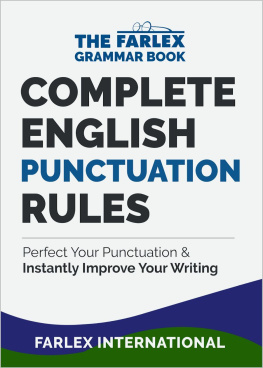
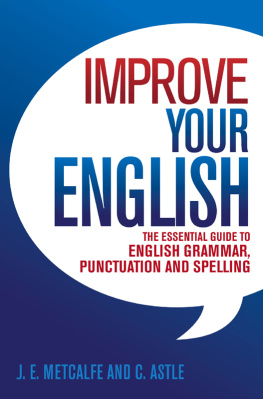
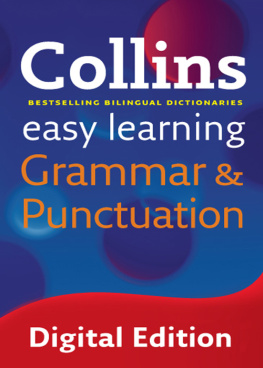
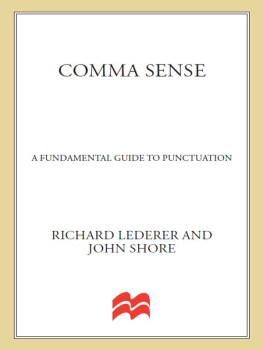
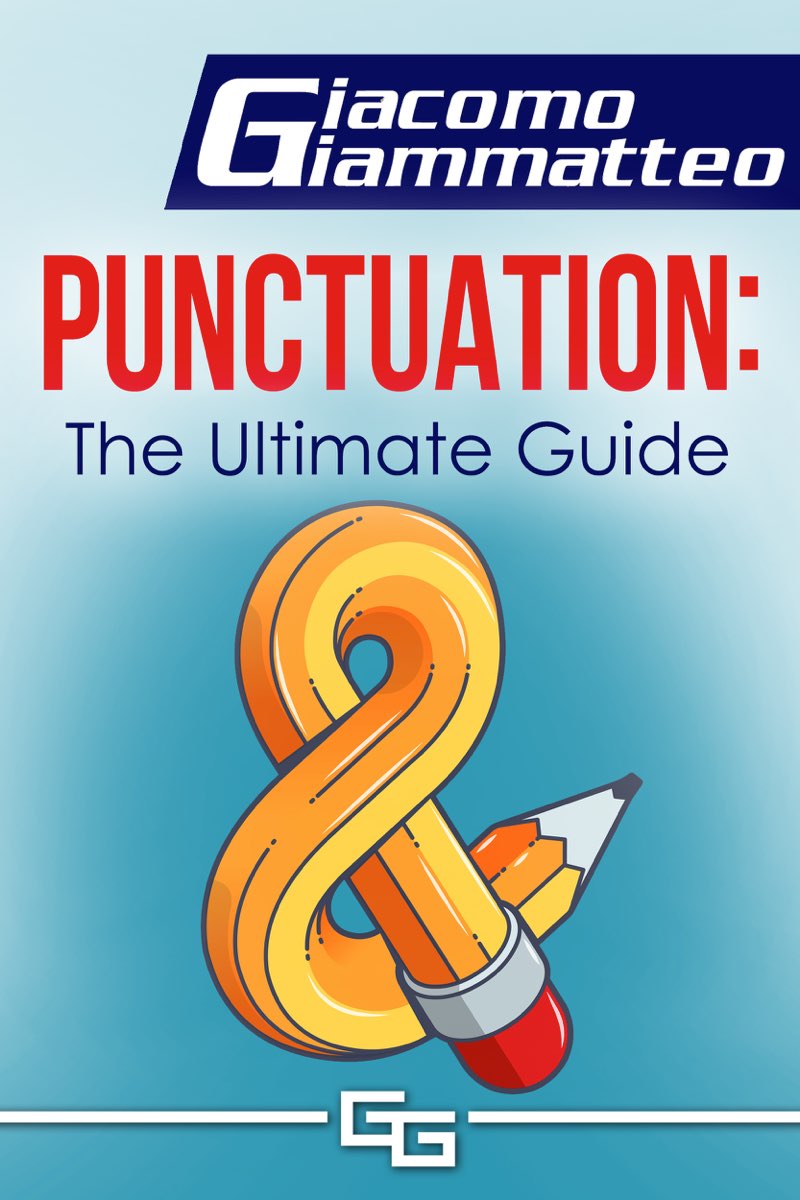
 Created with Vellum
Created with Vellum